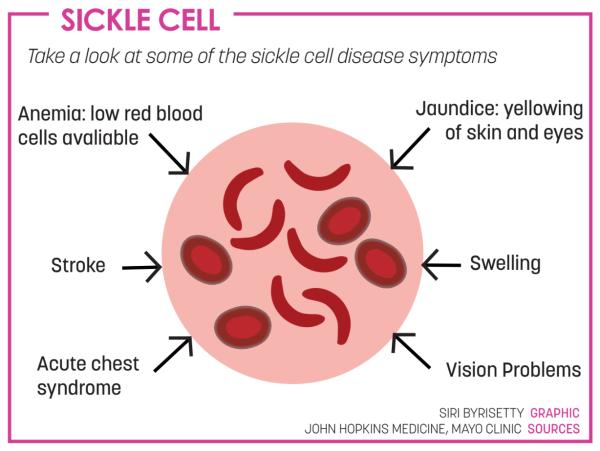
Alexa Chang, a member of the swim team and junior, said she never expected her love and passion for swimming to be something that created countless boundaries for her. Chang also said her illness began affecting her when she was just a sophomore.
“I would go to swim practices, and it was like something was rising in my throat the more I swam,” Chang said. “Not long after, I started to have frequent heartburn and felt like I was being stabbed in the chest. The nausea and chills came with it, and I realized something was wrong, so I sought help. Not soon after, I started to experience the reflux outside of swim practice at home. My parents took me to a multitude of doctors and ran a bunch of tests, and ultimately, they diagnosed me with gastroesophageal reflux.”
Chang said her illness affects her every single day.
“A lot of the time it can be really hard for me to focus on my schoolwork when I feel nauseous, have chills or feel like I’m being stabbed. I’ve also just missed school for appointments, with the amount of doctors and testing I’ve gone through. But the thing is, it never goes away,” Chang said. “(My illness is) just always there, so I always have to be equipped to deal with it, which can be tiring.”
Chang’s experience is not unique. According to the American Hospital Association, 133 million Americans suffer from chronic illnesses, nearly half of the American population.
Chang said her physical illness affects her mental health, too, and that said she has also seen the mental health of her friends who suffer from chronic illnesses affected.
“It impacts a student’s mental and emotional well-being by causing them to miss out on activities with their friends or teammates,” Chang said. “It creates a feeling of sadness and being discouraged.”
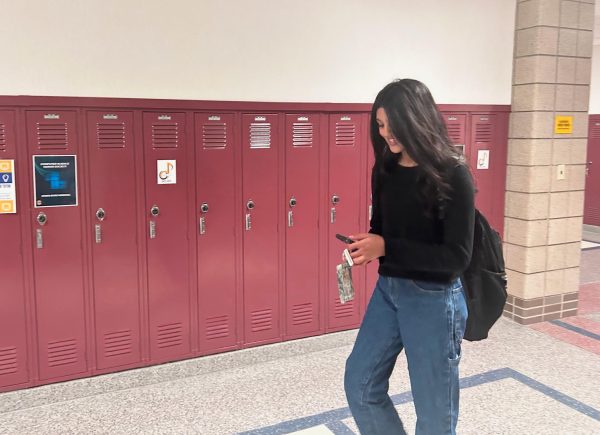
Junior Sara Syed has shared a similar experience with Chang. Syed suffers from endometriosis, a chronic pain condition affecting the uterus and surrounding organs.
“Even after coming back to school after absences, it is so difficult to get the motivation to make up any missed work or tests,” Syed said. “Then I look at my grade and get even more sad and mopey, but I can’t bring myself to do anything about it. I don’t think I’ve had motivation or drive all of high school because of this.”
Syed said she experiences copious amounts of pain, causing her to miss very large amounts of school.
“I get horrible pain, to the point where I can barely walk, let alone go to school. I’ve had points where I physically could not move because the pain was just that bad,” Syed said. “I miss weeks and weeks of school every year.”
Both Chang and Syed said they have experienced a lack of sympathy from the school regarding their illnesses, creating barriers for them.
“I know there are accommodations like 504s in place for a lot of students, but the thing is, a lot of teachers just don’t care. They act like I’m skipping school for fun or something,” Syed said. “I’ve had some really understanding teachers that waive assignments, but some aren’t as understanding.”
Chang said she copes with the disruption her illness creates by establishing routines.
“I find having a routine can kind of help with finding security and consistency,” Chang said. “If I feel especially bad one day, I’ll get an extra workout in or play with my dog.”
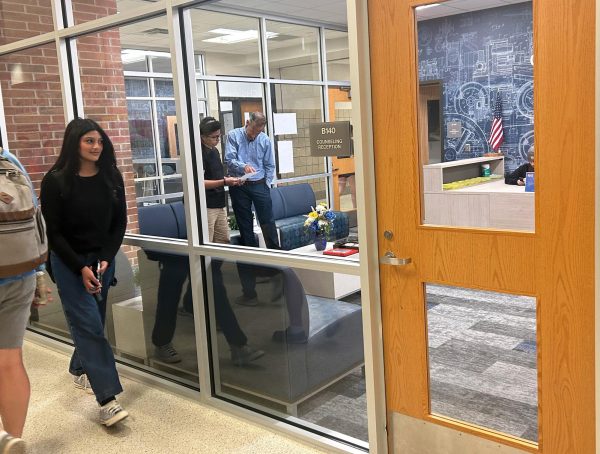
Rachel Cole, director of the counseling department, said that for a lot of students, communication is a key way to deal with and cope with the upset balance of their lives due to their illness.
“Communicating as quickly as possible to your teachers and either student or parent reaching out to their teachers and counselor helps students not feel so overwhelmed about what will happen. If you know you are going in for a procedure, then letting everyone know ahead of time makes the process less stressful for the school part of it,” Cole said via email. “If it is something unexpected, reaching out sooner than later is best.”
Syed said there are a lot of misconceptions surrounding chronically ill students. She said she often finds herself upset at the stigmas surrounding chronic illness.
“A lot of people just kind of the mindset where they’re like, you know, ‘suck it up.’ The thing is, I literally can’t. It puts you in such a difficult place,” Syed said. “A lot of the time, people don’t understand why you aren’t getting treated, or why you are getting treated if a treatment has severe side effects. It’s like, you can’t win either way. It just makes me feel terrible all the time; if I treat it, I hate how I look and feel, and if I don’t, I can’t deal with the pain.”
Ultimately, Chang said her illness has forced her to become more resilient to boundaries in her life and has made her stronger.
“Since it’s just always there, I’ve learned to deal with it, cope with it. And I think learning that skill is really helpful,” Chang said. “My illness has created so many boundaries for me, and has put me in really low spots, but it also made me stronger.”










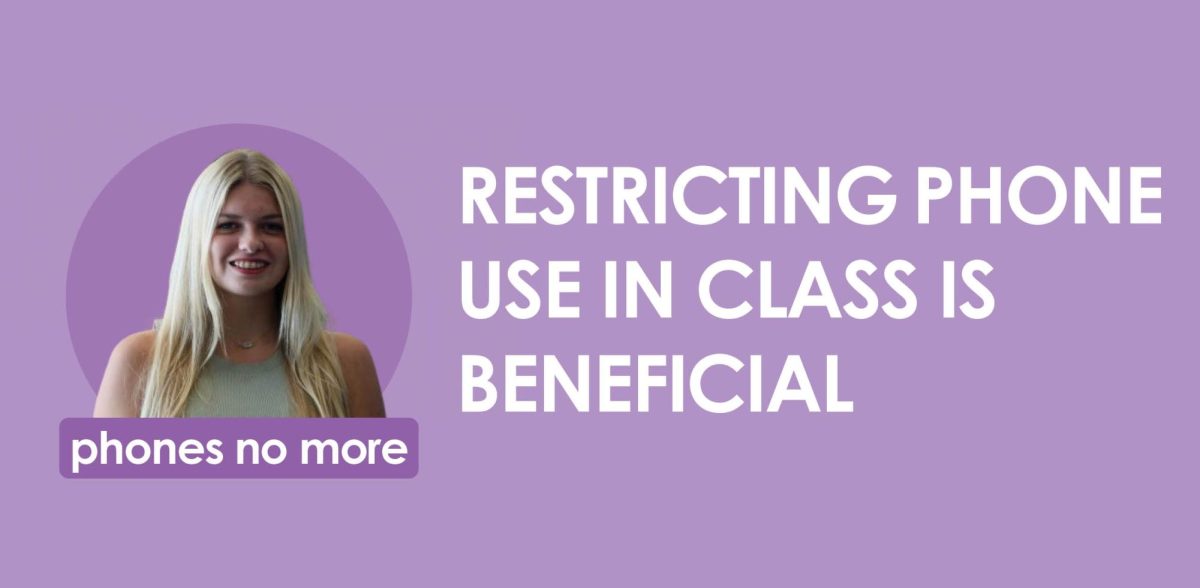
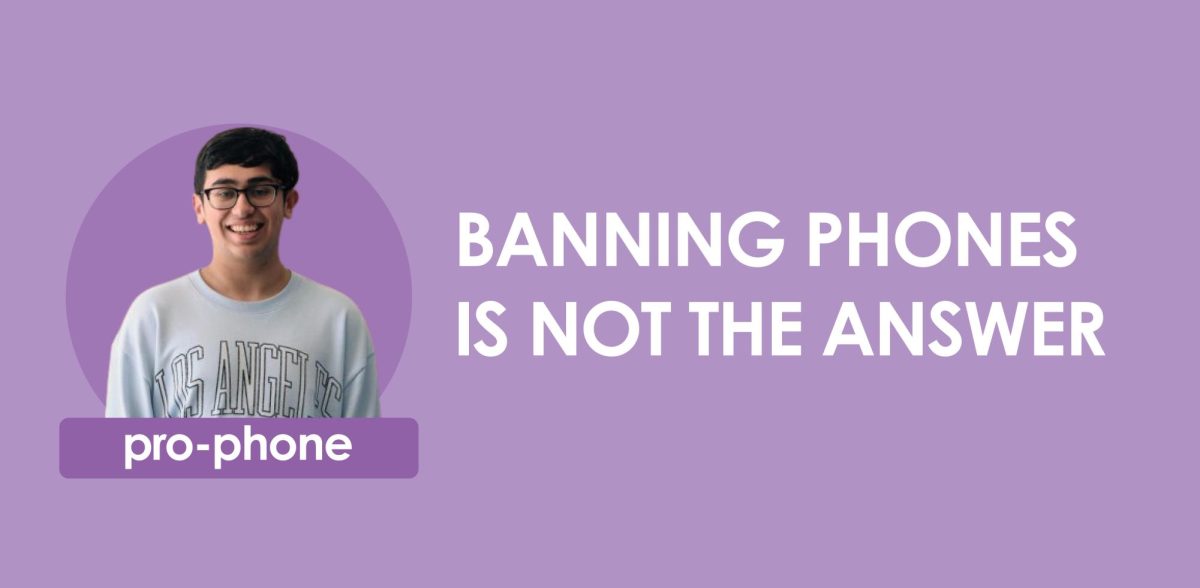
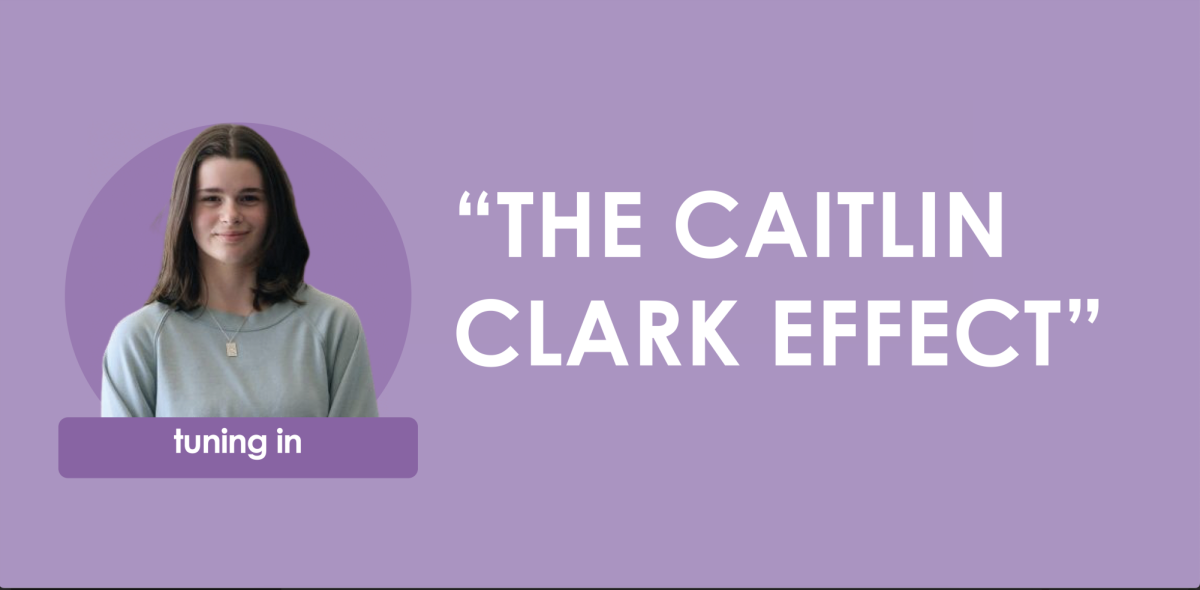

















![Family vlogger controversy, need for content reform [opinion]](https://hilite.org/wp-content/uploads/2024/05/Screenshot-2024-05-14-11.33.37-AM-1200x465.png)





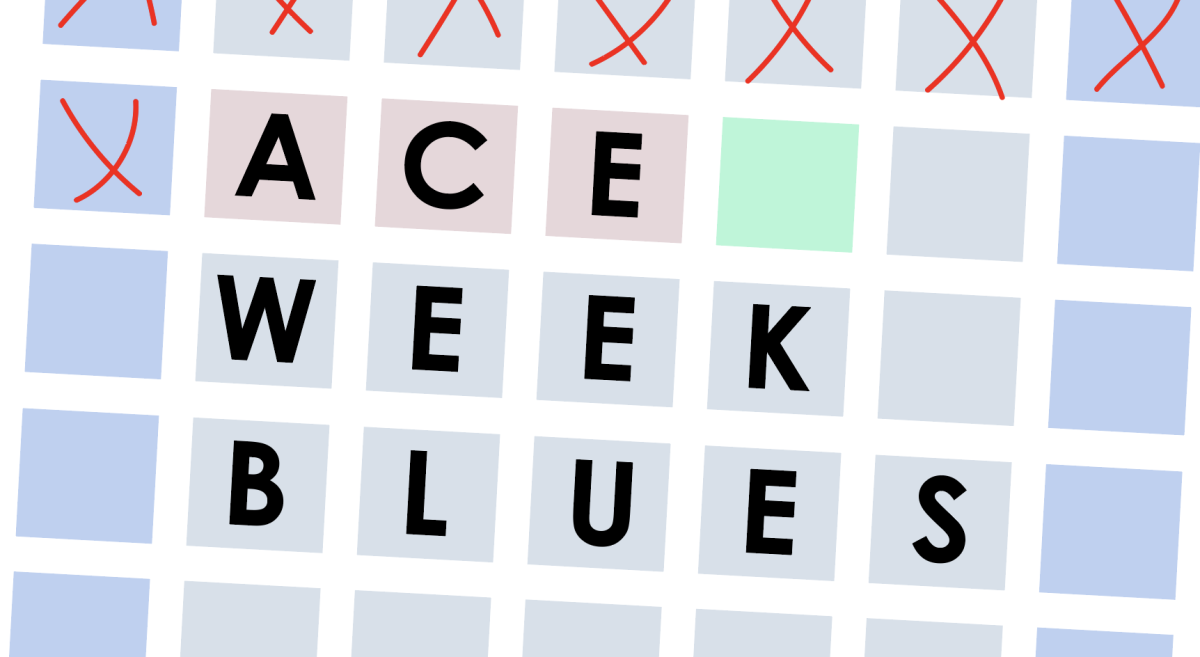


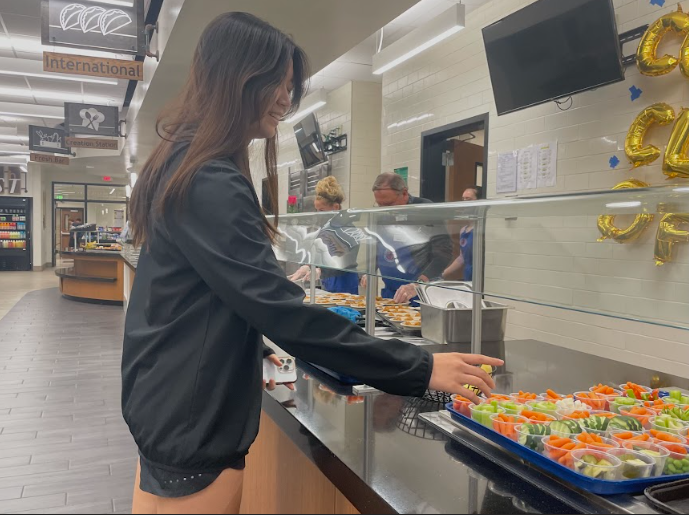





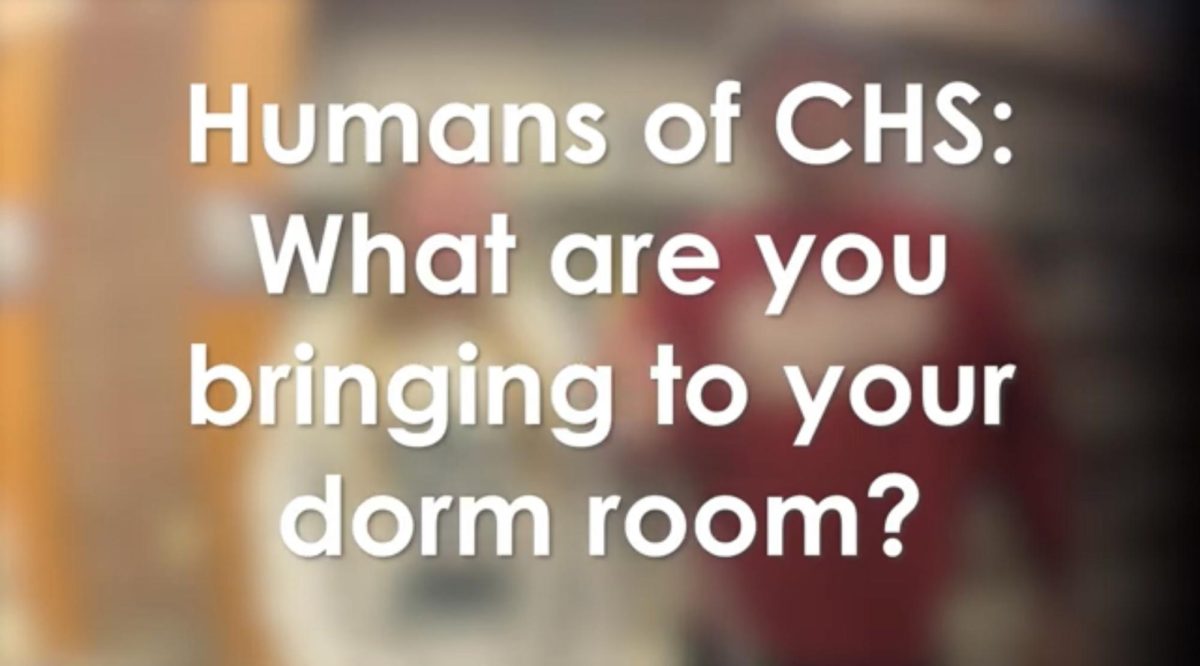













![Review: Taylor Swift’s new album The Tortured Poets Department is not her best work but is still a brilliant album [MUSE]](https://hilite.org/wp-content/uploads/2024/05/The-Anthology_Cover-1200x675.webp)
![Review: Challengers does it all [MUSE]](https://hilite.org/wp-content/uploads/2024/05/challengers-poster-1200x600.png)
![Review: A House of Flame and Shadow by Sarah J. Maas was a disappointing read [MUSE]](https://hilite.org/wp-content/uploads/2024/05/house-of-flame-and-shadow-feature.png)
![Review: Conan Gray’s new album, “Found Heaven”, is a refreshing twist on modern music [MUSE]](https://hilite.org/wp-content/uploads/2024/05/Screenshot-2023-10-31-at-16.01.05.webp)
![Review: “Bodies, Bodies, Bodies” is the quintessential Gen-Z movie [MUSE]](https://hilite.org/wp-content/uploads/2024/05/Screenshot-2024-05-15-140618.png)
![Review in Print: Maripaz Villar brings a delightfully unique style to the world of WEBTOON [MUSE]](https://hilite.org/wp-content/uploads/2023/12/maripazcover-1200x960.jpg)
![Review: “The Sword of Kaigen” is a masterpiece [MUSE]](https://hilite.org/wp-content/uploads/2023/11/Screenshot-2023-11-26-201051.png)
![Review: Gateron Oil Kings, great linear switches, okay price [MUSE]](https://hilite.org/wp-content/uploads/2023/11/Screenshot-2023-11-26-200553.png)
![Review: “A Haunting in Venice” is a significant improvement from other Agatha Christie adaptations [MUSE]](https://hilite.org/wp-content/uploads/2023/11/e7ee2938a6d422669771bce6d8088521.jpg)
![Review: A Thanksgiving story from elementary school, still just as interesting [MUSE]](https://hilite.org/wp-content/uploads/2023/11/Screenshot-2023-11-26-195514-987x1200.png)
![Review: When I Fly Towards You, cute, uplifting youth drama [MUSE]](https://hilite.org/wp-content/uploads/2023/09/When-I-Fly-Towards-You-Chinese-drama.png)
![Postcards from Muse: Hawaii Travel Diary [MUSE]](https://hilite.org/wp-content/uploads/2023/09/My-project-1-1200x1200.jpg)
![Review: Ladybug & Cat Noir: The Movie, departure from original show [MUSE]](https://hilite.org/wp-content/uploads/2023/09/Ladybug__Cat_Noir_-_The_Movie_poster.jpg)
![Review in Print: Hidden Love is the cute, uplifting drama everyone needs [MUSE]](https://hilite.org/wp-content/uploads/2023/09/hiddenlovecover-e1693597208225-1030x1200.png)
![Review in Print: Heartstopper is the heartwarming queer romance we all need [MUSE]](https://hilite.org/wp-content/uploads/2023/08/museheartstoppercover-1200x654.png)






















![Review: “Ginny & Georgia” is a dramatic and poorly made emotional rollercoaster–and I loved it anyway [MUSE]](https://hilite.org/wp-content/uploads/2024/03/ginny-and-georgia-season2-main-be37bbb9487a41e88b3f66c3baacd5c3-300x177.jpg)
![Review: Witch Hat Atelier is a masterpiece in art and world-building, but the story has only begun [MUSE]](https://hilite.org/wp-content/uploads/2024/01/unnamed-211x300.png)
![Review: “Mysterious Lotus Casebook” is an amazing historical Chinese drama [MUSE]](https://hilite.org/wp-content/uploads/2024/03/0-300x170.webp)
![Review: “A Little Life” by Hanya Yanagihara is the epitome of a heartwrenching masterpiece [MUSE]](https://hilite.org/wp-content/uploads/2024/01/unnamed-5-300x200.png)

